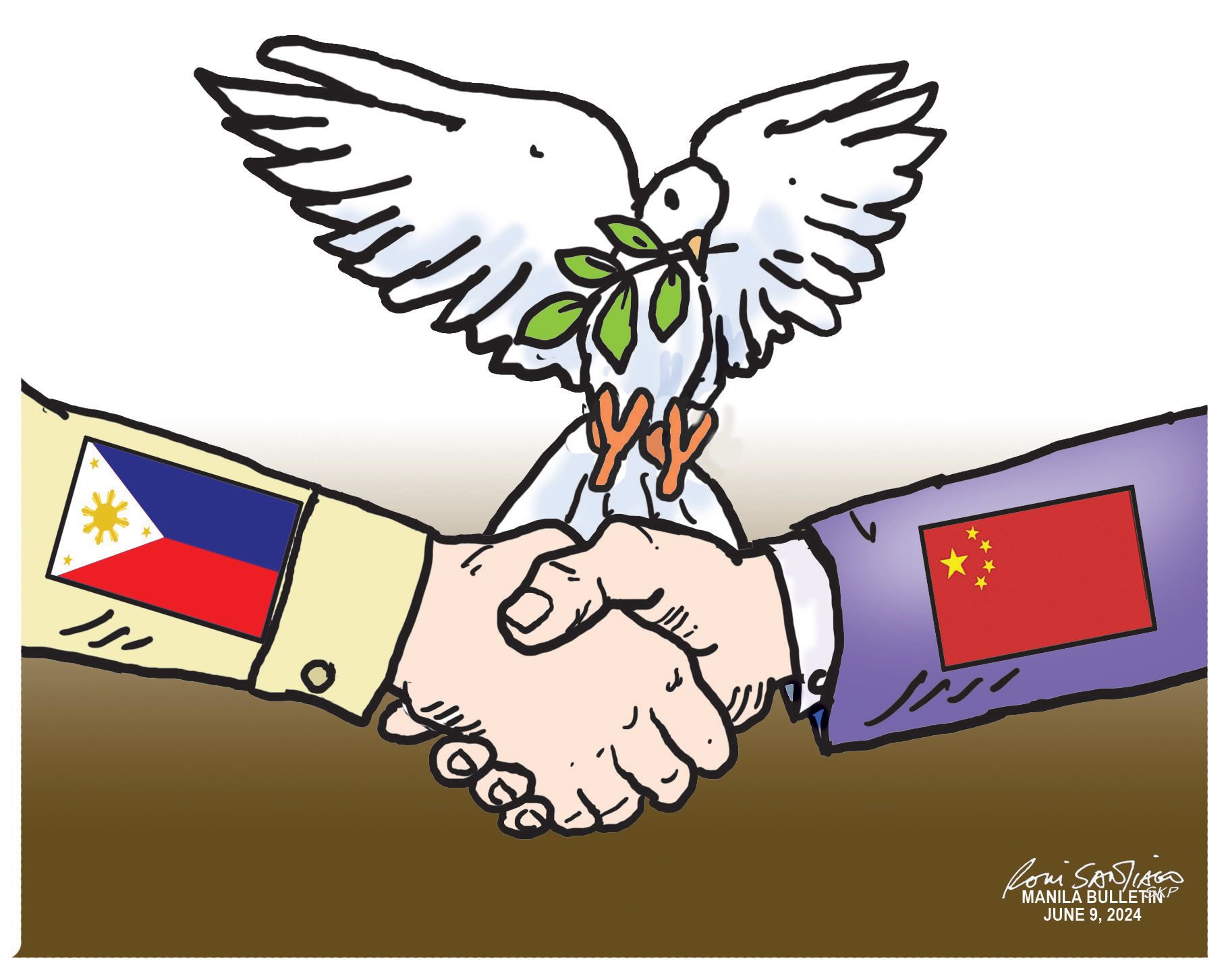Filipino-Chinese friendship: Unity and solidarity for peace and prosperity

Filipino-Chinese Friendship Day is celebrated anew today, June 9, the day on which formal diplomatic relations were established between the Philippines and the People’s Republic of China in 1975 during the administration of President Ferdinand E. Marcos, Sr. It was President Gloria Macapagal Arroyo who initiated this observance when she issued Proclamation No 148 in 2002. Subsequently, the practice of observing the Chinese Lunar New Year as a non-working national holiday commenced through Proclamation No. 831 issued by President Benigno S. Aquino III on Feb. 19, 2015.
Emblematic of the long history of friendship between the two peoples is the Binondo-Intramuros Bridge – inaugurated in April 2022 by President Rodrigo Roa Duterte – that connects the historical quarter of Manila with the bustling trade center across the Pasig River, reputedly the oldest Chinatown in the world founded on Dec. 8, 1594.
More than concrete structures, Filipino-Chinese friendship is rooted in family and community ties that have endured since the influx of Chinese immigrants from the mainland began in the 16th century; through more than 300 years of Spanish colonization, the American colonial era, and the Japanese occupation during World War II; and into the turn of the new millennium.
Filipino Chinese, sometimes referred to as Chinoy from a combination of Chinese and Pinoy, are Filipinos of Chinese descent with ancestry mainly from Fujian province in China, but were born and raised in the Philippines. According to some accounts, they comprise one of the largest overseas Chinese communities in Southeast Asia.
Chinese influence has also permeated Filipino family life. Titles of respect like Kuya and Ate are derived from Chinese nomenclature. Chinese cuisine such as pancit, sotanghon, and sauteed dishes enjoy top-of-mind preference when families celebrate milestone events such as birthdays, graduation, and baptism.
Filipino-Chinese superstitions also abound, and are popularly observed In building homes, offices and commercial establishments. Feng shui, or Chinese geomancy, which literally means wind-water, is the guiding principle that harmonizes individuals with their surrounding environment and its proper observance is associated with success and prosperity.
Beyond culture and cuisine, civic spirit is the bond that fortifies Filipino-Chinese friendship.
Last March, the Federation of Filipino Chinese Chambers of Commerce and Industry marked its 70th anniversary with the theme, “Dugong Tsino, Pusong Pinoy: A Legacy of Commerce, Philanthropy and Progress,” underlining that its leaders and member-organizations have actively promoted the country’s progress through the flourishing of business enterprises – and that having succeeded, they are committed to extend humanitarian assistance, especially in times of calamity, to the least capable and most impoverished sectors of society.
Kaisa Para sa Kaunlaran, or KAISA, which was established on Aug. 28, 1987, has been at the forefront of participatory integration of Chinese-Filipinos in Philippine society, while adhering to the Bayanihan spirit, or solidarity for the common good.
Indeed, Filipino-Chinese solidarity is the anchor for long-term friendship and cooperation. By focusing on common ground, the scope for working together shall be expanded in order to foster goodwill, understanding and a better future for all.